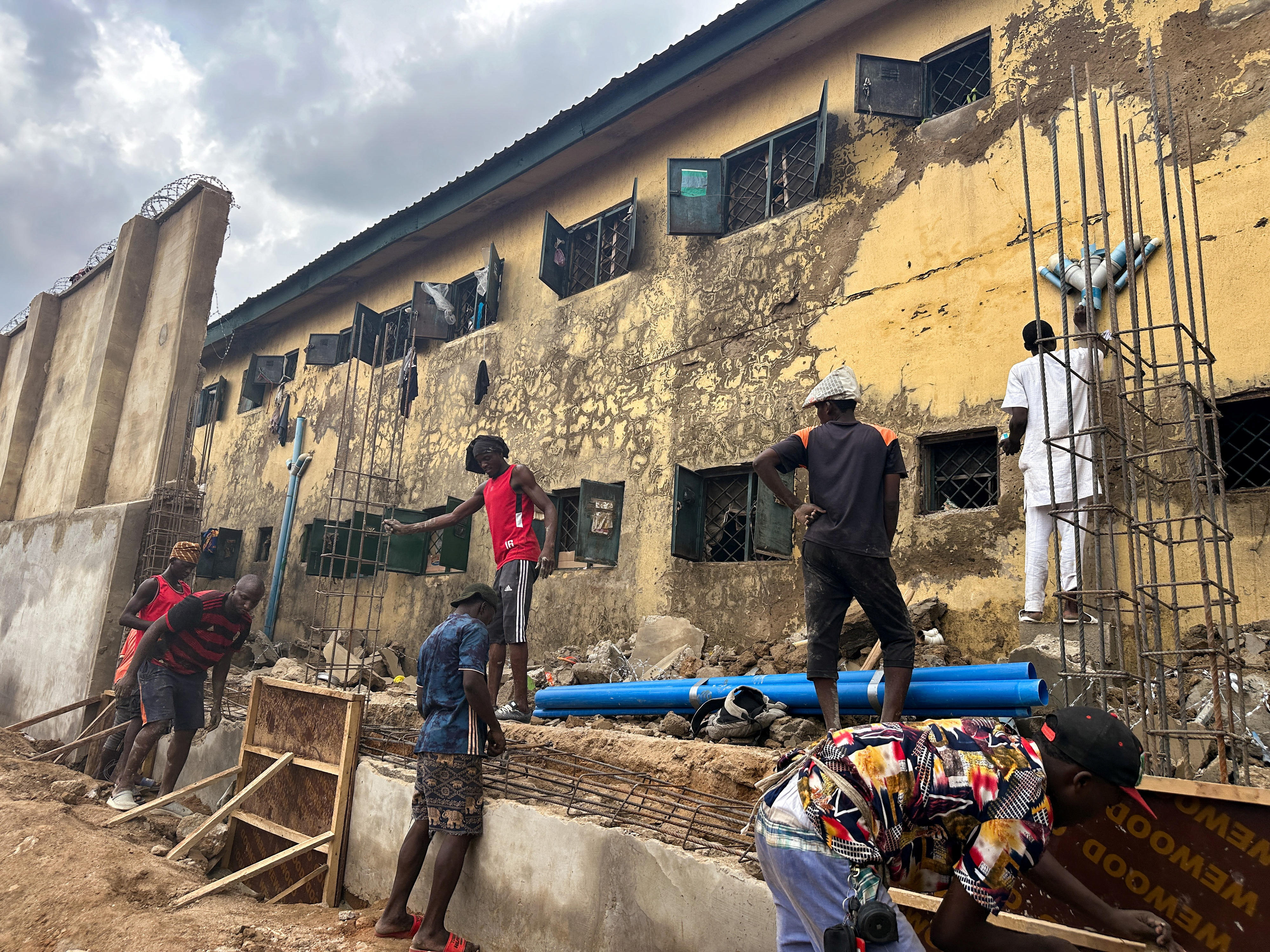Passing of second oil Bill paves way for refinery bidding, says minister

A technician speaks to journalists at the Gigogole Oil well. PHOTO BY ISaAC IMAKA
What you need to know:
At least 14 countries have reportedly expressed interest in refinery construction. Initial refinery to cost Shs8 trillion
The passing of the Petroleum (Refining, Conversion, Transmission and Midstream Storage Bill) 2012 has opened way for the petroleum refinery bidding process, the minister of Energy has said.
This will happen the moment the President signs it into law.
Yesterday, Parliament passed the Bill despite arguments from a section of MPs reasoning that the refinery plan is not viable.
According to Ms Irene Muloni, the ministry has already procured an investment planner and prepared an expression of interest in the construction of the refinery and was only waiting for Parliament to pass the relevant Bill.
“This Bill is very good because it provides a framework within which to manage the sector,” she said. “We have made provisions to take care of the environment which is a very important aspect in the management of oil.”
Ms Muloni also revealed that 14 countries, including China, Japan, Korea, United Kingdom, Italy and some from the Middle East have expressed interest in constructing the refinery.
“We are going to start with a refinery of 20,000 barrels which will cost about $3 billion and it will be for our own market. It will be stepped up to 60,000 barrels,” she said.
Ms Muloni said government recognises the regional findings of oil but it agreed to construct a Shs8 trillion refinery to cater for Uganda’s oil needs.
“As a land locked country, we face a lot of problems in importing petroleum products. We agreed to have our own refinery and this can easily be constructed in three years,” she said.
The refinery, she said, will be constructed on a Public Private Partnership basis with government retaining 40 per cent of the shares, ten of which will be for any interested East African partner state, and 60 per cent will be for the country that will construct.
Shadow Attorney Abdu Katuntu says it is not sensible for Uganda having its own refinery. “Government seems to have taken a decision to having a refinery here and was not prone to have an open discussion. Kenya is going to have, South Sudan, Congo and Uganda. It is a billion of dollars,” he said.
“Does it make sense to have a refinery in Kenya, Uganda and Congo? It really doesn’t make sense. We should be thinking of one refinery for the entire region. It is a tragedy of African countries that do not corporate regionally. Each is trying to have its own refinery.”
Late last year, Total E&P General Manager Loic Laurandel told this newspaper in an interview that they would prefer to let government have a mini refinery side by side with a refinery to transport the balance of the oil.
He promised that Total may apply to construct the refinery if an expression of interest is run and depending on the terms.
Asked whether the oil companies are agreeable to the refinery plan, Ms Muloni said the agreement was reached before the farm-down agreement was signed in 2011.
“Those are the issues we discussed right before signing the agreements,” she said. “We agreed [with the oil companies] that we will start with a refinery and once the country’s needs are met, we will have no objection for the pipeline,” she said.




